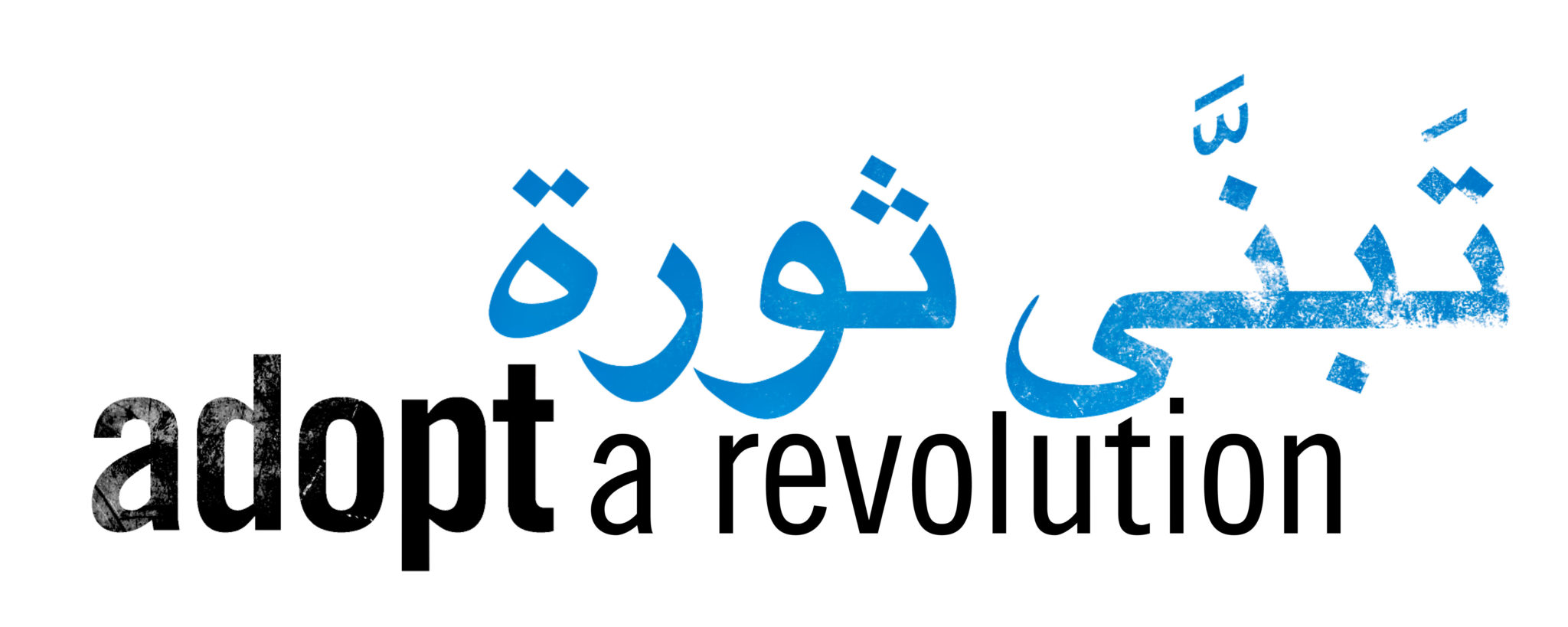A local city council has been elected for Aleppo in March 2013. The DamascusBureau describes how it also aims to coordinate and collaborate with the “Neighborhood Assemblies” in Aleppo. Its first campaign is called “Keep it clean”. As regular trash pick-ups do not exist anymore, the streets are littered with trash leading to the outbreak of diseases. Numerous other initiatives have been launched by the city council or are planned to be implemented such as basic primary health care, the restoration of the electricity network and education. Concerning education, the council announced that there will be high school exams soon. According to the Damascus Bureau, people in Aleppo are of mixed opinions on the latest initiatives as they are criticizing that there has been little done on the ground besides the clean up initiatives. On the other hand, it seems promising to the people that students are able to take official exams again.
In an interview with a 24-year old teacher in Homs, Syria deeply shows that the regime is carrying out a systematic strategy to change the demography of the city. As the teacher A.S explains there have been numerous arrests in the neighborhood Karam Al-Shami where people are tortured to death. A.S explains that there can be no reason other than to change the demography of the city. Nowadays, the city is divided into Sunni and Alawite areas where Alawites are free to move around without being controlled. Also detention seems to be carried out arbitrarily as a lot of the young men arrested and tortured have never been active in the revolution. What is even more alarming is that anyone who challenges these sectarian structures is at risk to be killed. This targets especially Alawites, who actually had the freedom to loot and become part of the Shabiha forces but refused and therefore got arrested. While a lot of his friends have been arrested, tortured to death or buried anonymously, A.S. does not want to leave his city hoping for the success of the revolution next year.
Furthermore, Syria Deeply interviewed the Iraqi journalist Mina al-Oraibi who explains that Syria is not on the front headlines of the western press anymore which stands in contrast to the Arabic press. In Arab media the Syrian revolution is still covered as it was during the beginning of the conflict. The coverage in western mostly concentrates on deaths and killings in Syrian cities which are unknown to most of the western audience.
Meanwhile, Raniah Salloum describes in Spiegel Online how civil initiatives have formed in the liberated area of Raqqa to go against the Nusra Front and other Islamist groups. Especially, the group “Haquna” (meaning “our right”) organized demonstrations against Islamist groups in Raqqa in which they chanted “Raqqa is free, out with the Nusra-front”. Most of the members of the Islamist Nusra-front are not even Syrian but foreigners who aim to establish an Islamic society by forcing a certain dress code upon women in Raqqa. In response these women refuse to obey and are supported by civil initiatives. What is impressive therefore, is that under the bombardment of the regime and the terror of Islamist organizations, people form strong civil society associations.

